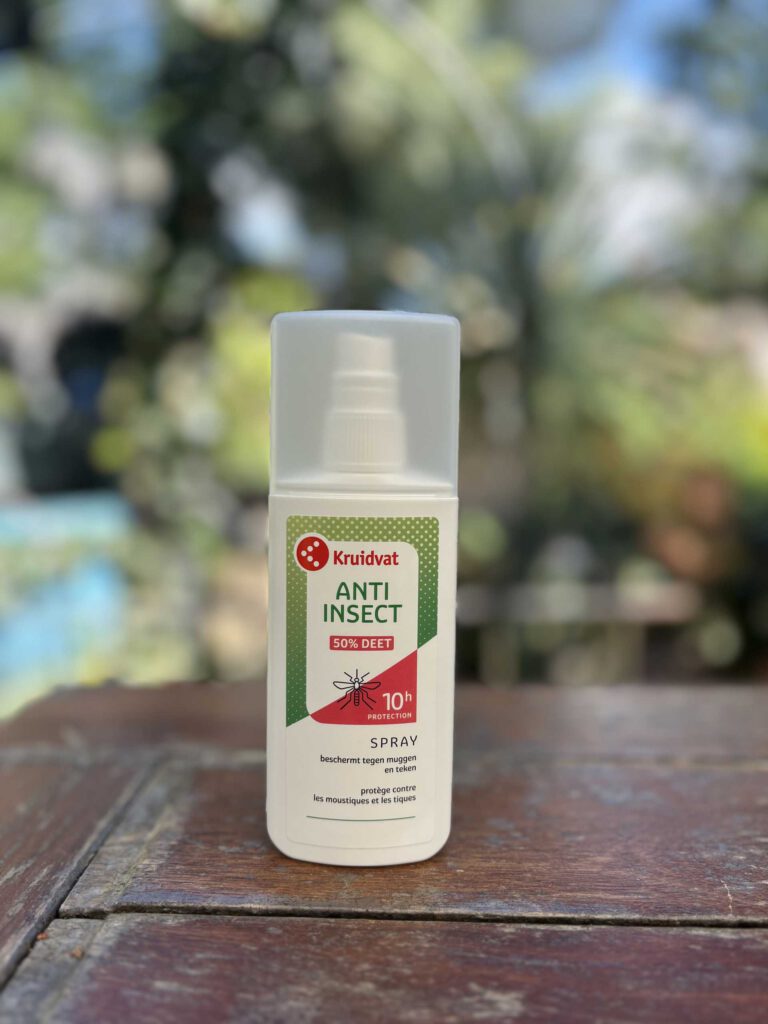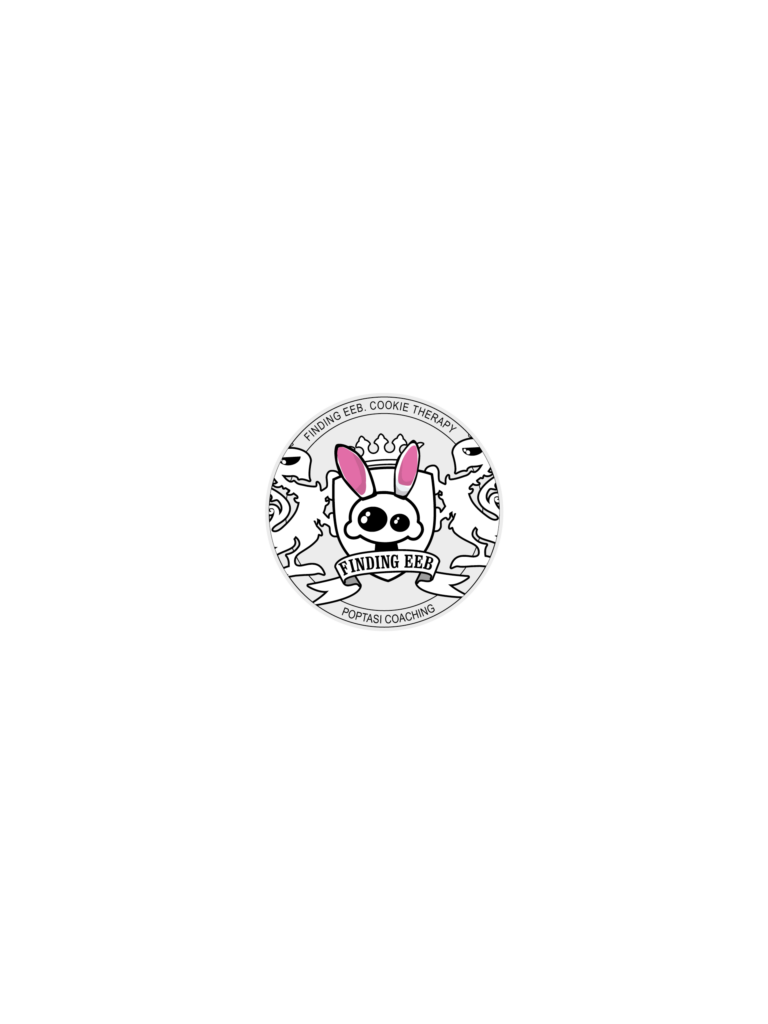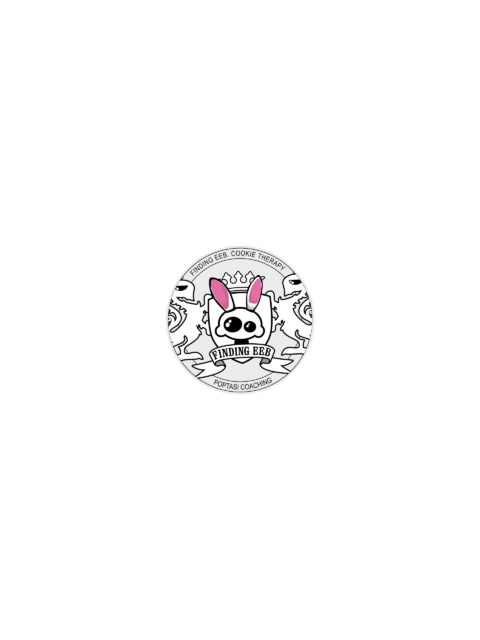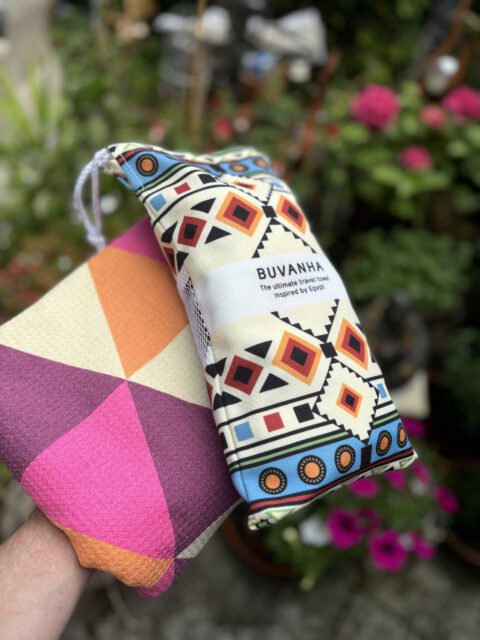Anti Insect Spray


Don’t leave home without it. At least, if you travel to South East Asia. Its doesn’t really matter what brand you buy. Just as long as it has DEET. Anti Insect Spray.

DEET anti insect spray is an insect-repellent organic compound. It is intended to be applied to the skin or clothes and is mainly used for protection against insect bites. Because trust me, you don’t want to get bitten by insects.
Don’t us more than 50% DEET
Only excessive exposure to the mosquito repellent can lead to symptoms of poisoning. In some countries you can also buy products with a higher concentration than 50% DEET. The Dutch Government strongly advises against this because it does not work better, but it is more likely to lead to harmful effects on your health.

Wikipedia says: An insect repellent (also commonly called “bug spray“) is a substance applied to the skin, clothing, or other surfaces to discourage insects (and arthropods in general) from landing or climbing on that surface. Insect repellents help prevent and control the outbreak of insect-borne (and other arthropod-bourne) diseases such as malaria, Lyme disease, dengue fever, bubonic plague, river blindness, and West Nile fever. Pest animals commonly serving as vectors for disease include insects such as flea, fly, and mosquito; and ticks (arachnids). [citation needed]
Some insect repellents are insecticides (bug killers), but most simply discourage insects and send them flying or crawling away. Nearly any would be fatal upon reaching the median lethal dose, but classification as an insecticide implies death even at lower doses.
Synthetic repellents tend to be more effective and/or longer lasting than “natural” repellents.
For protection against mosquito bites, the U.S. Centers for Disease Control (CDC) recommends DEET, icaridin (picaridin, KBR 3023), oil of lemon eucalyptus (para-menthane-diol or PMD), IR3535 and 2-undecanone with the caveat that higher percentages of the active ingredient provide longer protection.[3]
In 2015, Researchers at New Mexico State University tested 10 commercially available products for their effectiveness at repelling mosquitoes. The known active ingredients tested included DEET (at various concentrations), geraniol, p-menthane-3-8-diol (found in lemon eucalyptus oil), thiamine, and several oils (soybean, rosemary, cinnamon, lemongrass, citronella, and lemon eucalyptus). Two of the products tested were fragrances where the active ingredients were unknown. On the mosquito Aedes aegypti, the vector of Zika virus, only one repellent that did not contain DEET had a strong effect for the duration of the 240 minutes test: a lemon eucalyptus oil repellent. However, Victoria’s Secret Bombshell, a perfume not advertised as an insect repellant, performed effectively during the first 120 minutes after application.[4]














